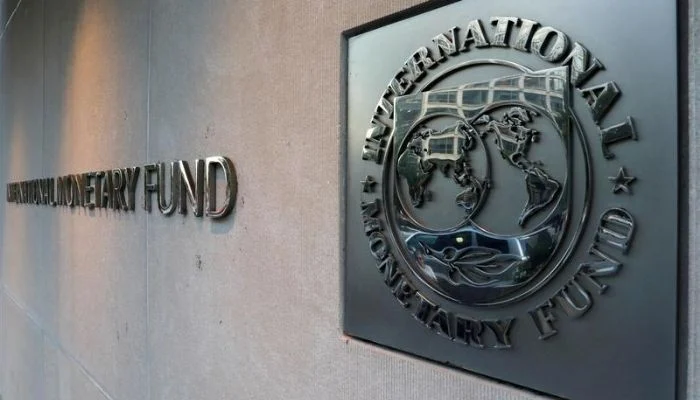Oct 11(ABC): With climate-induced disasters, pandemic after-shocks, and a war in Europe, global lender International Monetary Fund (IMF) expects the world economy to slow considerably over the next 18 months. In Pakistan, there will be more inflation and unemployment.
This was disclosed as IMF released its “World Economic Outlook 2022: Countering the Cost-of-living Crisis” report on Tuesday.
The report conceded that globally, inflation was the highest in decades as most regions opted for financial belt-tightening measures to stop the haemorrhage.
“The global economy’s future health rests critically on the successful calibration of monetary policy,” the report said.
It said that global growth is forecast to slow from 6% in the fiscal year 2021 to 3.2% in 2022 and 2.7% in 2023. The global lender said that this was the weakest growth profile forecasted since 2001, except for the global financial crisis and the acute phase of the novel coronavirus (Covid-19) pandemic.
The report further forecasted that global inflation would rise from 4.7% in FY 2021 to 8.8% in FY 2022, but then decline to 6.5% in 2023 and to 4.1% by 2024.
“More energy and food price shocks might cause inflation to persist for longer,” it warned, adding, “Global tightening in financing conditions could trigger widespread emerging market debt distress.”
The report said that front-loaded and aggressive monetary tightening would be critical to avoid inflation de-anchoring as a result of households and businesses basing their wage and price expectations on their recent inflation experience.
Pakistan projections
For Pakistan, the IMF report suggested that over the next 18 odd months, it will see growth slow from 6% in the outgoing fiscal year 2022 to 3.5% in the ongoing fiscal year 2023. But will rebound to 5% by FY 2027.
During this time, inflation will increase from 12.1% to 19.9%. Unemployment is also slated to increase from 6.2% to 6.3%.
The projections for 2022 were based on information available at the end of August and did not include the impact of the recent floods.

